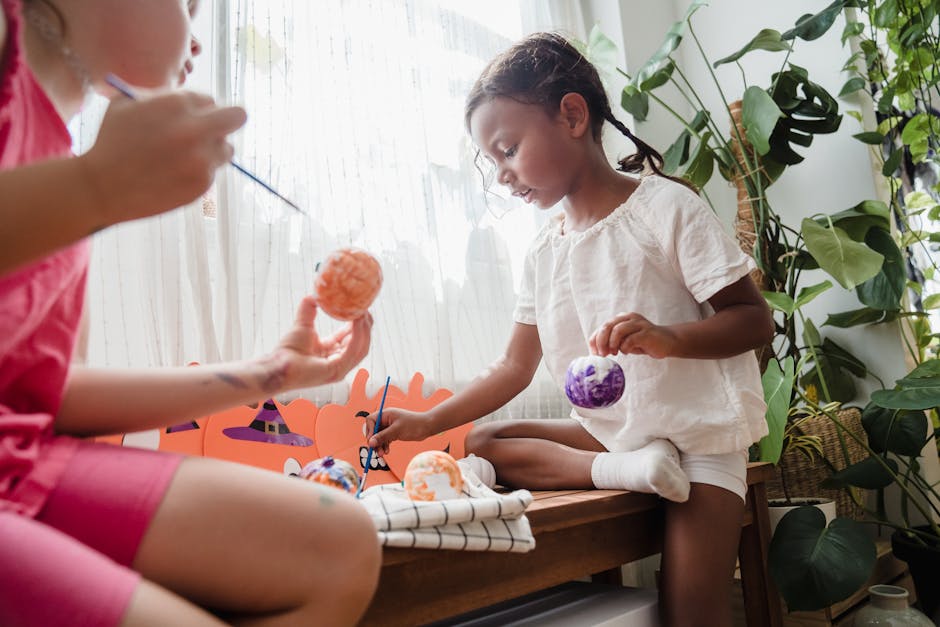A significant pitfall of intense hobby engagement is the risk of neglecting other crucial areas of life. Time, a finite resource, becomes a major constraint. Devoting extensive hours to a hobby naturally detracts from other commitments, potentially impacting career prospects, relationships, and personal well-being. A career might stagnate due to lack of focus, important social connections might weaken from infrequent contact, and crucial self-care activities like exercise and healthy eating might be sacrificed at the altar of the hobby. This imbalance can create a sense of guilt, frustration, and ultimately, dissatisfaction, undermining the very joy initially derived from the activity.
Financial burdens can also arise from the intense pursuit of hobbies. Many crafts require specialized tools, equipment, and materials, which can accumulate considerable costs. This is especially true for hobbies demanding high-quality materials, like woodworking, painting, or jewelry making. The continuous acquisition of new supplies, coupled with potential workshop upgrades or course fees, can lead to substantial expenses that strain personal budgets. Furthermore, the desire to excel might lead to investments in high-end tools or advanced training, creating a cycle of escalating financial commitments which may not always align with financial realities.
Another aspect worth considering is the potential for burnout. While passion fuels initial enthusiasm, relentless dedication without breaks can lead to physical and emotional exhaustion. Repetitive motions in crafts like knitting or sculpting can cause physical strain, potentially leading to repetitive strain injuries. Moreover, the intense focus and pressure to produce high-quality work can generate considerable stress and anxiety. The constant striving for improvement, frequently driven by online comparisons or self-imposed expectations, can lead to a sense of inadequacy and ultimately, a diminished appreciation for the hobby itself. This burnout can manifest as decreased motivation, loss of interest, and even resentment towards the activity that initially brought joy.
The intense focus on a hobby can also lead to social isolation. While some crafts can be communal, deeply engrossed individuals may find themselves spending less time with friends and family. Social interaction is essential for mental and emotional well-being, and its neglect can have negative consequences. The time commitment required for a hobby might overshadow other social engagements, leading to feelings of loneliness and disconnection. Furthermore, an overly enthusiastic approach might inadvertently alienate others who aren’t as invested or knowledgeable about the hobby, creating a barrier to social interaction.
Furthermore, an intense focus on a hobby can sometimes create unrealistic expectations and hinder personal growth in other areas. Perfectionism, often a byproduct of intense dedication, can be detrimental to both creative output and overall well-being. The pressure to achieve flawless results can stifle creativity, leading to self-criticism and disappointment. This constant striving for perfection can also detract from the learning process, as experimentation and acceptance of imperfections are crucial elements of growth and innovation.
The competitive aspect of some hobby communities can also present a challenge. Online platforms and social media showcase the impressive works of other hobbyists, potentially triggering feelings of inadequacy and discouraging less experienced individuals. This can fuel a cycle of continuous striving, leading to burnout and a loss of enjoyment. The pursuit of external validation, rather than intrinsic satisfaction, becomes the primary motivator, leading to a diminished sense of accomplishment and personal fulfillment.
Finally, it’s crucial to acknowledge the potential for obsessive behavior. While dedication is admirable, crossing the line into obsession can negatively impact mental health. Obsessive hobbies consume an excessive amount of time and energy, neglecting other essential aspects of life. This can result in neglecting personal relationships, health, and responsibilities. The inability to disengage from the hobby even when it’s detrimental can be a sign of an underlying issue that requires professional attention.
In conclusion, while the passionate pursuit of hobbies and crafts brings numerous benefits, navigating the potential downsides is essential for a sustainable and fulfilling experience. A balanced approach, prioritizing holistic well-being alongside creative endeavors, is key. Consciously managing time, finances, and social interactions, coupled with mindful self-reflection and awareness of potential burnout, allows for a richer and more harmonious integration of hobbies into a meaningful life. The key lies in cultivating a healthy relationship with the hobby, viewing it as a source of joy and enrichment rather than a source of pressure or obligation. This mindful approach ensures that the passion for crafting enhances, rather than detracts from, the overall quality of life.
